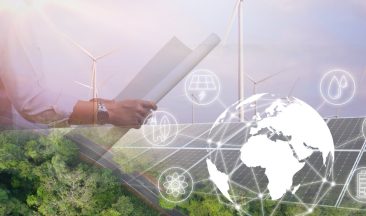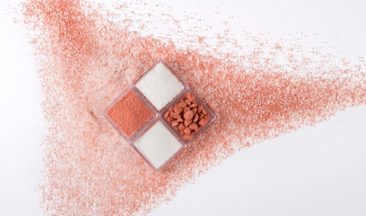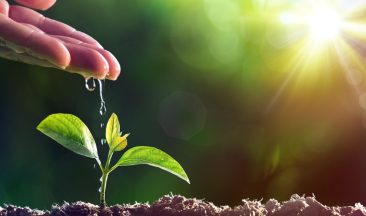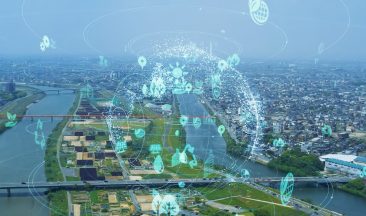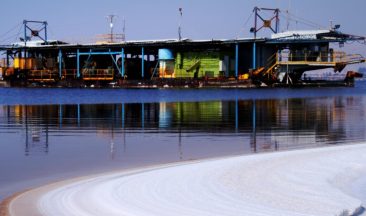How does an industrial company contribute to the present and future of mankind? What is circular economy, and how sophisticated can fertilization get? ICL’s new corporate responsibility report gives interactive access to everything you ever wanted to know about all these questions and more.
In an era where transparency has turned into a worldwide core value, interactive transparency is truly major news. No longer do the stakeholders have to beg for information from huge and estranged conglomerates. Nowadays access to companies’ clear and accessible credos is only a click away. These processes have led ICL to start publishing its annual Corporate Responsibility (CSR) report as an advanced, interactive new website.
“ICL is a unique company due to the widely-varied nature of its activity,” explains Roy Weidberg, Global Sustainability Manager at ICL Group, and the person responsible for the CSR reports’ production. “The company operates at all stages of its products’ lives, from mining the minerals, through developing and manufacturing advanced products and ending with supplying consumers and stores. ICL has dozens of operational sites and operates complex production and manufacturing processes across many countries. Accordingly, the company has numerous different stakeholders — regulators, customers, investors, environmental organizations, local communities, employees, contractors and suppliers — all of them looking towards ICL for improvement and positive action, each in their own field of interest.”

The CSR web report offers extensive information in great detail regarding all areas of sustainability, including environmental protection, safety, ethics, fair and diverse employment, sustainable solutions and community engagement. The report details how ICL contributes to mankind, for instance in advanced fertilization and AgTech. The report specifies the growing global demand for sophisticated, environmentally-safe and technology-integrated fertilizers and solutions. These advanced fertilizers can help feed the growing human population while significantly lowering pollution and reducing the need for deforestation to make room for additional farmland. AgTech solutions aim to improve crop yield and quality in a sustainable way.
Another of ICL’s strengths lies in promoting circular economy — one of the most important trends in today’s world of sustainability. The online report specifies the benefit of the internal synergy between ICL’s different production sites, which often re-use each other’s byproduct streams. In this way the sites minimize the amount of waste produced, and optimize the use of raw materials. ICL also leads in advanced initiatives for phosphate fertilizer production and bromine retrieval from various waste streams.
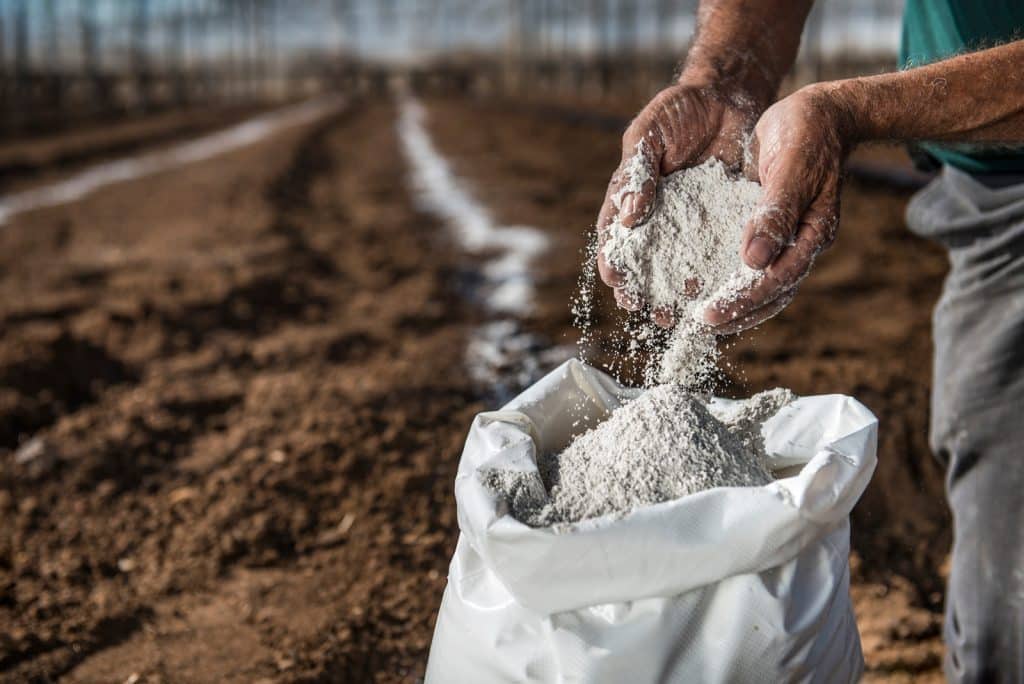
Curious? In ICL’s CSR web report you can find vast and accessible information. The new platform includes advanced features designed for a more enjoyable reading experience. Among other things, you can find videos, animations, interactive charts and analysis tools. “On environmental issues of reducing energy use, water, waste and air emissions, we have created interactive maps that let the visitor wander around ICL’s production sites around the world,” explains Weidberg. “In this way they can learn what each site does to reduce its impact on the environment. In addition to the increased transparency, this raises the motivation of all global production sites to improve and report their environmental performance — and take public pride in it.”
International Standards
The report is composed according to the international criteria of the Global Reporting Initiative (GRI) organization, which set a world standard for sustainability reports. ICL has recognized the trend of leading global organizations to transition towards online reporting, and has taken a huge step forward by making all information digitally available to the public. ICL is one of the first companies in Israel to set up a designated website for its CSR report. The advanced features and the very broad scope of the report put ICL at the forefront of sustainability management and reporting in Israel.
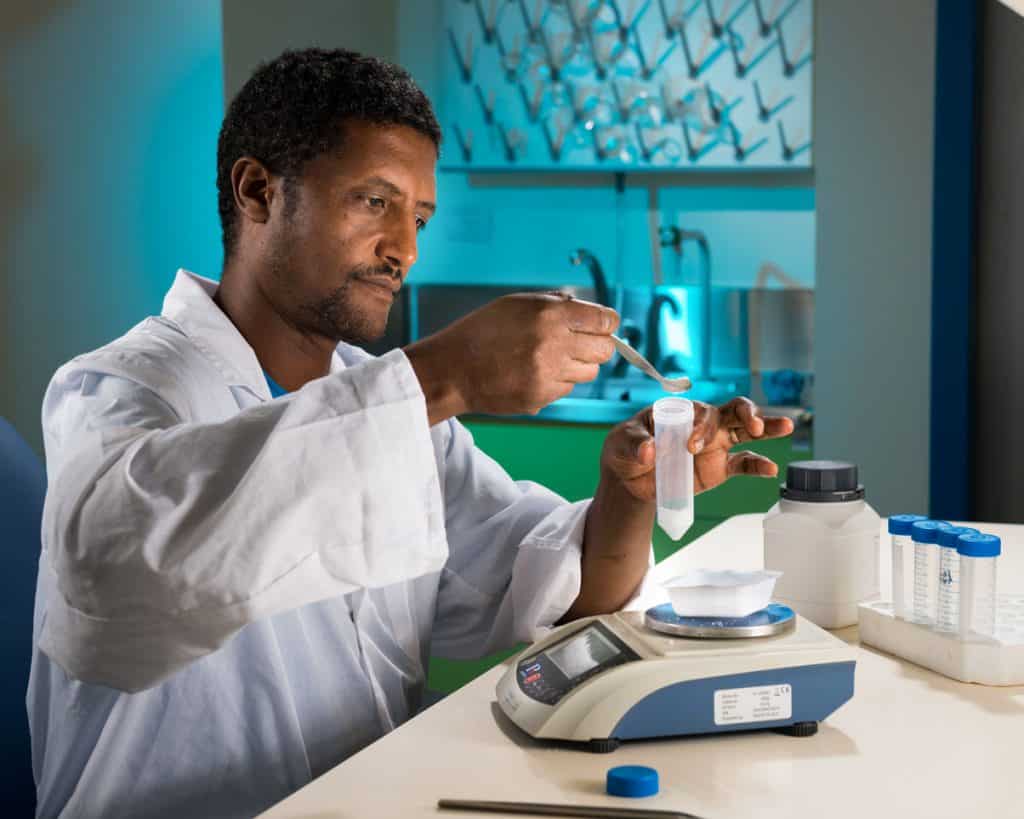
Adhering to world standards also requires a high level of transparency and scrupulous treatment of all criteria. “We hope to prove our leadership in the field of corporate responsibility in Israel,” says Weidberg. “The feedback we’re receiving so far from the relevant professional community in Israel is highly enthusiastic. Our advanced reporting method, as a prominent Israeli company, encourages the local market to become more transparent and accessible to all stakeholders.”
Why do we need a corporate responsibility report? “In today’s world, where communities, regulators and investors are in direct and constant contact with business and companies, there is a demand to take responsibility,” says Weidberg. “Today companies must prove that they are ‘good citizens’ of the countries where they operate and of the world in general. A company that cannot prove that, risks the loss of its ‘license to operate.’”
The intensive work on the annual CSR report is led by the Sustainability Department under Weidberg’s management. The report managers collect data from hundreds of ICL employees and conduct in-depth interviews with dozens of sustainability-related field managers. The quantitative information collected includes a wide variety of data regarding environment, employment, safety performance and more. “We analyze all data trends, as well as all the annual sustainability analyst reviews,” says Weidberg. “These analysts rate us on hundreds of different clauses, based on data found mostly in the CSR report. Every year we provide our management with a data-based, organized sustainability gap analysis, and then collaborate with the relevant departments in order to minimize these gaps and set new goals, establish wider policies or insert data collection and management processes in new fields.”

